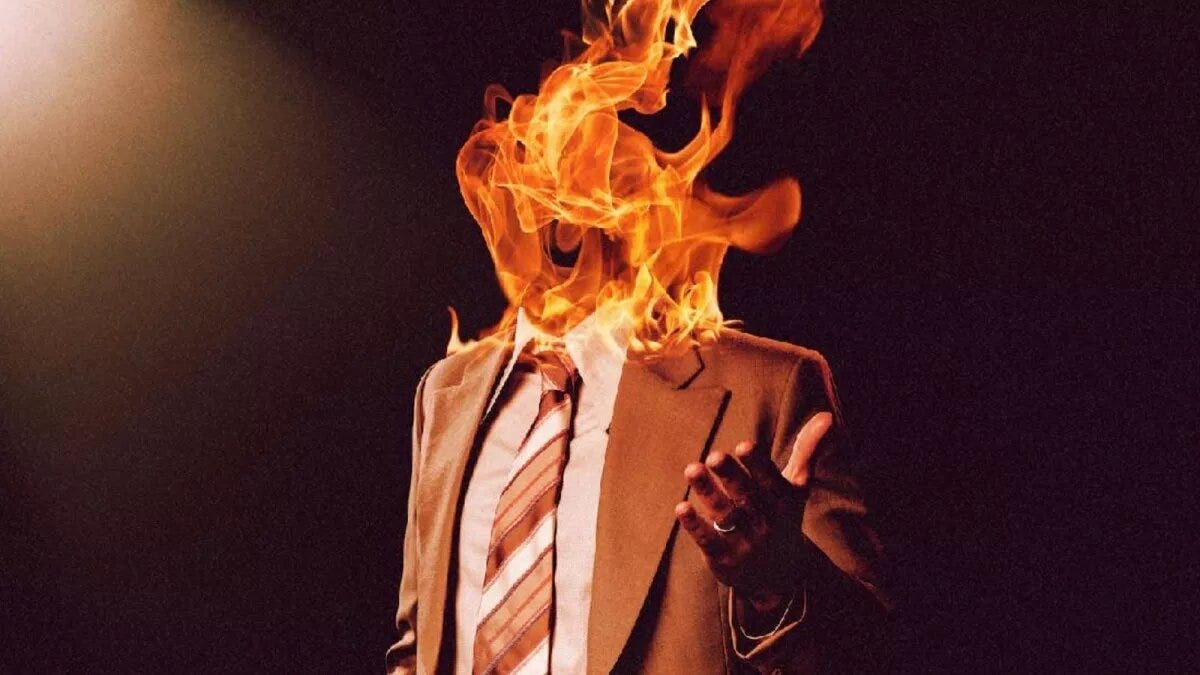*This essay will contain spoilers for various recent horror films and will discuss a myriad of sensitive topics. Discretion is advised.*
One of my favorite film critics of all time,
, asked in her essay, “Longlegs Exemplifies American Horror’s Inability to Speak to the Moment”:“…when did we stop demanding horror scare us by speaking to our cultural moment and most deeply held fears?”
This is a question that I, too, have been pondering since the release of Get Out, which is, to me, a flawless film that expertly illustrates how regular, everyday life for a Black person in the United States is a horror film thanks to white supremacy, capitalism, and patriarchy.
I’m a huge fan of horror movies (especially the “artsy” ones, but not the ones that are too gory) and recently, I have been going to the theater alone or staying up late at home to watch horror movies by myself because most of my nearby family and friends don’t mess with horror like that. They are either superstitious and believe that something evil might be conjured up by the viewing or they are rightfully repulsed by the violence (although, they don’t share this same revulsion of the violence in other genres, like action movies and video games).
Having immersed myself in horror movies for the past couple of months, I noticed something disturbing about how these stories are told. At this point, it’s cliche, but the way Black (and other marginalized-group) characters are regarded in these films is shocking only because of how brazenly committed these studios, producers, screenwriters, casting agents, and directors are to upholding an anti-Blackness that has taken on a 21st-century sophistication.
I think part of the reason why these films are finding it difficult to “speak to the moment,” as Bastién put it, is because they are, and have always been, investing most of their energies into the American propaganda of the moment; perpetuating the bigoted notions that have kept this nation (and this world, because American cinema is global) from evolving. We can solve none of the most pressing problems we face as a species because so much of what is being produced in the U.S., including, and maybe especially, the art, is encouraging us to “look away.”
As it turns out, the primary job of Hollywood is to keep us in a state of slumber when it’s long been time for us to wake the fuck up.
Keep reading with a 7-day free trial
Subscribe to Witness to keep reading this post and get 7 days of free access to the full post archives.




